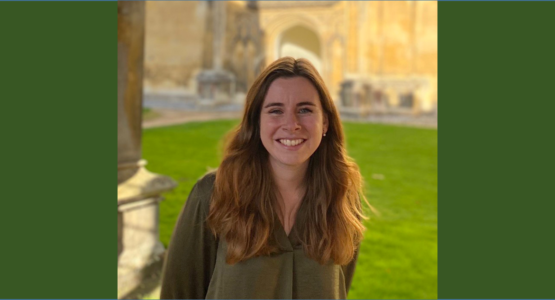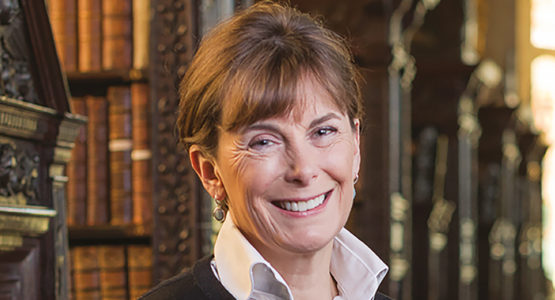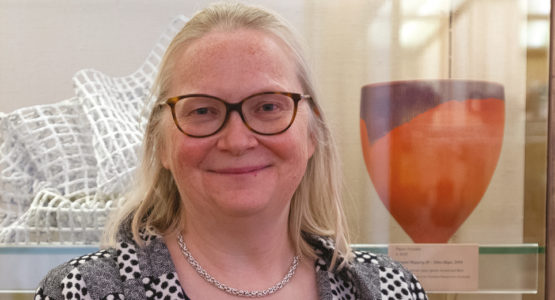Invasive species ‘hitchhike’ to Antarctica
Postgraduate researcher Arlie McCarthy (2017) is the first author of a study which has revealed that fishing, tourism, research and supply ships are exposing Antarctica to invasive, non-native species that threaten the stability of its pristine environment. The species – including mussels, barnacles, crabs and algae – attach themselves to ships’ hulls, in a process termed ‘biofouling’. The finding suggests that they could arrive in Antarctic waters from almost anywhere across the globe. Due to its remote, isolated location, there are many groups of species that Antarctic wildlife has not evolved the ability to tolerate. Arlie hopes that the findings will improve the ability to detect invasive species before they become a problem.

Read more on the College website.
Climate change killed off mammoths
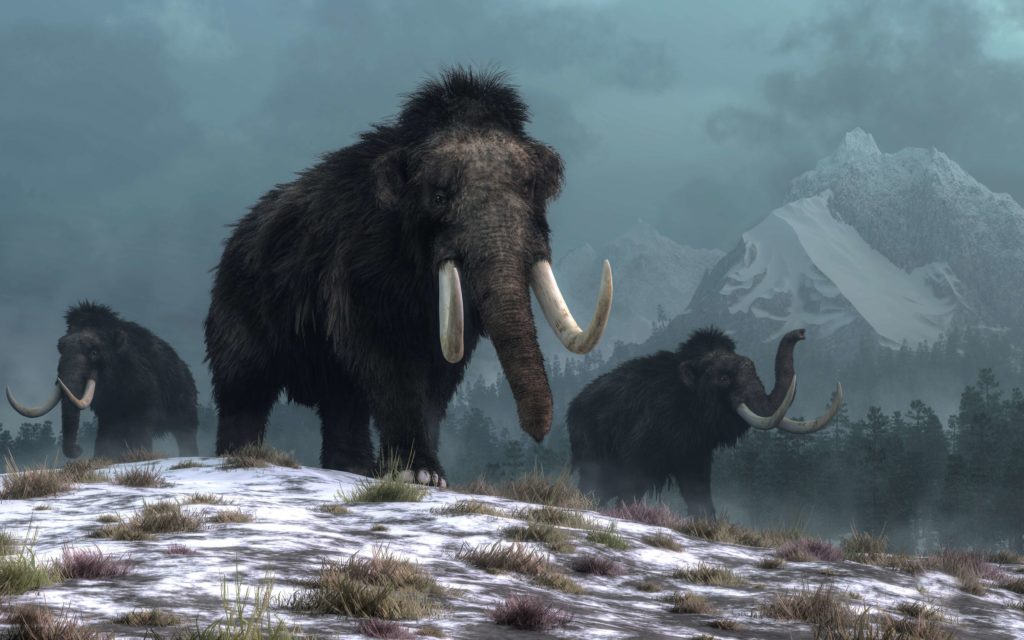
Professor Eske Willerslev, a Fellow of St John’s College and director of The Lundbeck Foundation GeoGenetics Centre, University of Copenhagen, led a 10-year research project which has proved that climate change, rather than human intervention, led to the extinction of woolly mammoths. Analysis of ancient environmental DNA has shown that, when the icebergs melted, trees and wetland plants took over and replaced the mammoth’s grassland habitats. Professor Willerslev explains that the mammoths were not able to adapt quickly enough when the landscape dramatically transformed and their food became scarce.
Ancient Greek ‘pop culture’
Research by Professor Tim Whitmarsh, Director of Studies in Classics at St John’s, into a little-known ancient Greek text shows that ‘stressed poetry’, the ancestor of all modern poetry and song, was already in use in the second century AD, 300 years earlier than previously thought. In its shortest version, the anonymous four-line poem reads ‘they say what they like; let them say it; I don’t care’. Other versions extend with ‘Go on, love me; it does you good’. As well as showing signs of the long
and short syllables characteristic of traditional ‘quantitative’ verse, this text employed stressed and unstressed syllables.
Admission of women and girls into the Choir
From October 2022, girls and women will be included in the St John’s College Choir for the first time. This decision means that the Choir will be unique in a Cambridge or Oxford College as no other choir of its kind combines the voices of males and females in both adults and children.
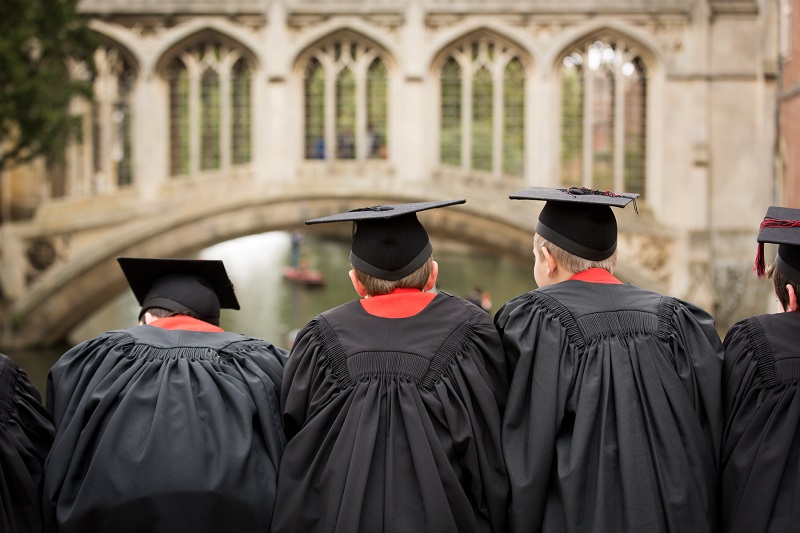
Men and women will be largely recruited to the Choir from the student body of the College. Choristers typically join in Year 4 of school and sing until the end of Year 8. Boy and girl choristers admitted into the Choir are educated at St John’s College School.
Andrew Nethsingha would be pleased to hear from parents of boys or girls in Years 2 or 3, who would like to know more about chorister-ships at St John’s. Generous scholarships are awarded to all choristers and additional means-tested bursaries are available. Contact Andrew at: choir@joh.cam.ac.uk or 01223 338718.
Community Hub development
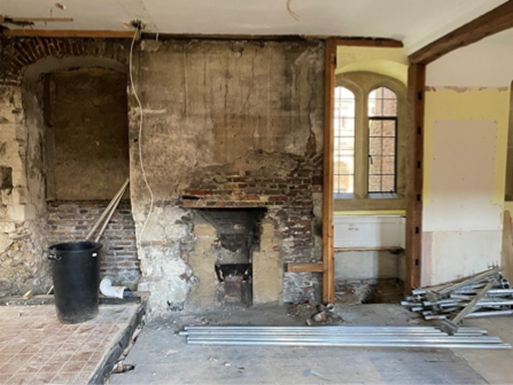
Work on the Community Hub in Second Court is progressing well. The completed hub will provide a space where members can meet, eat, drink and work, and the Buttery Dining Room will be replaced with new dining facilities, a café, a new bar and an attractive outdoor patio area and seating.
Significant developments during the work include the discovery of a seventeenth-century fireplace in the old JCR, the removal of the stone eagle piers and the discovery that the historic boundary wall with Trinity is not straight as was previously assumed. The stone eagles have been surveyed by a specialist stone mason, securely stored and protected in College and will be reinstalled near the end of the building. The fireplace will be kept intact and protected prior to being covered up with historic panelling in the area which will be turned into a new bar as part of the project.
Honoured alumni
Three Johnians were were recognised in the Queen’s New Year Honours List 2022.
• Professor James Diggle (1962) is an Emeritus Professor of Greek and Latin, University of Cambridge. He was awarded a CBE for services to Classical Scholarship.
• Dr Catherine McClay (1992) is currently the Trading and Optimisation Director at Sembcorp Energy UK and was formerly the Head of Futures for the National Grid. She was awarded an OBE for services to the Energy Sector and the Promotion of Decarbonisation.
• Andrew Carwood (1983) has been Director of Music at St Paul’s Cathedral since 2007 and has been the Artistic Director of his own group, The Cardinall’s Musick, since 1989. He was awarded an MBE for services to Choral Music.
Four Johnians were recognised in the Queen’s Birthday Honours List 2021.
• Oliver Excell (1995), Managing Consultant at PA Consulting, worked as Project Manager on the Vaccine Task Force. He was awarded an OBE for services to Government during the Covid-19 Response.
• Allan Clayton (2000) is a professional tenor opera singer. He was awarded an MBE for services to opera.
• Dr Kate Heard (2000) is Senior Curator of Prints and Drawings at the Royal Collection Trust. She was made a Member of the Royal Victorian Order (MVO).
• Dr Jeremy Huw Williams (1987) is a professional baritone opera singer. He was awarded the British Empire Medal (BEM) for services to music and charity.
Upcoming events
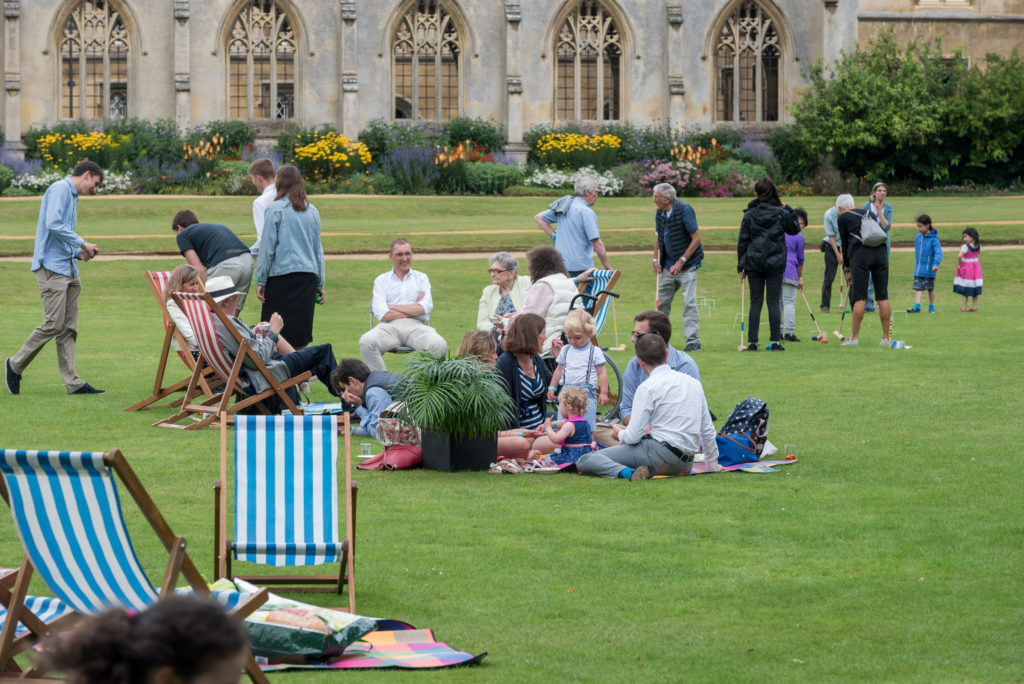
• Johnian Lunch (1960; up to and including 1959) – Saturday 11 June 2022
• Johnian Summer Dinner (1981; 1982) – Saturday 2 July 2022
• Johnian Summer Lunch (1975; 1976; 1995) – Sunday 3 July 2022
• Sunday on the Backs – Sunday 31 July 2022
• Johnian Autumn Dinner (2001; 2002) – Saturday 3 September 2022
• 50 Year Dinner (1972) – Saturday 17 September 2022
• Johnian Society Day – Saturday 24 September 2022
Want more alumni and College updates?


